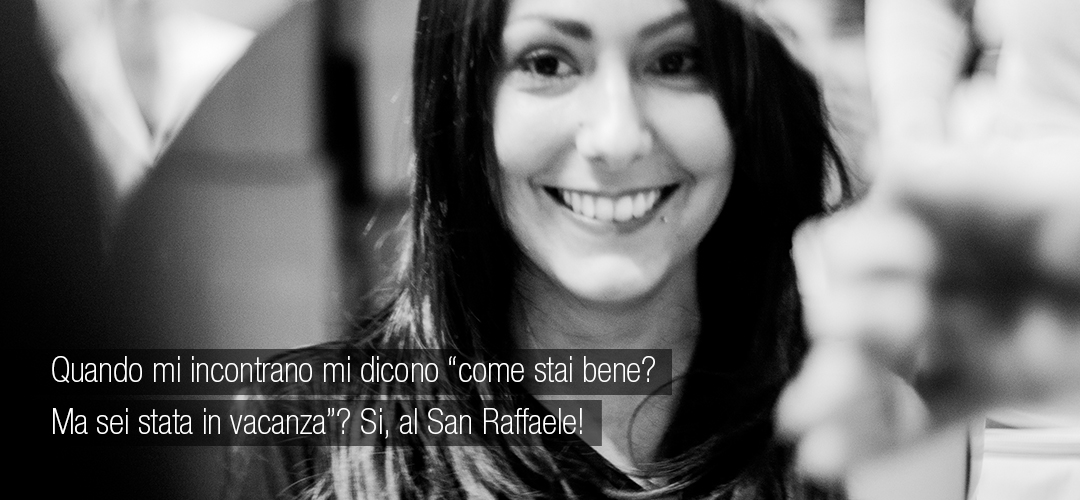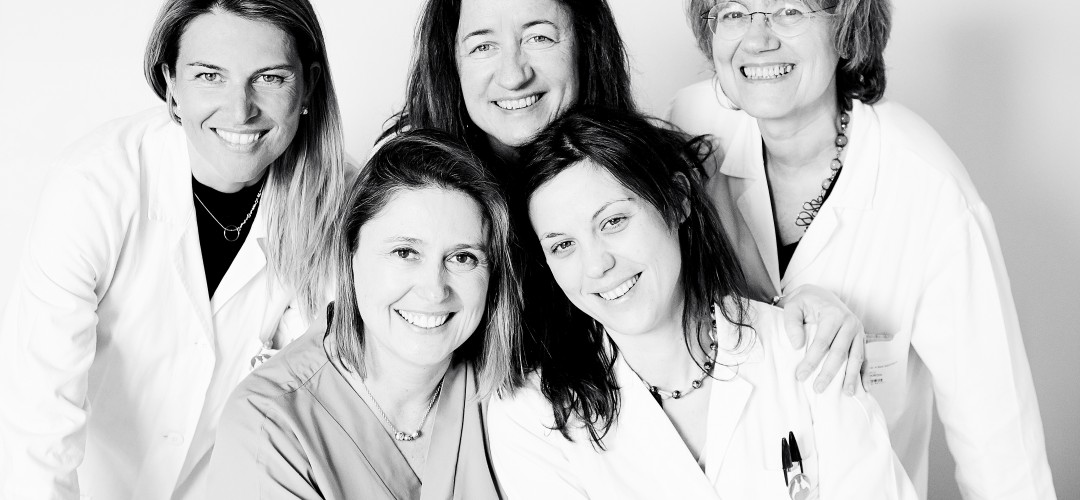The main areas of intervention include information campaigns in preventive medicine interventions, genetic counseling, diagnosis communication, rehabilitation and social reintegration, pain and palliative care, interventions on family members. Among the methods used in this discipline are techniques for body mediation, psychotherapy, counseling and psychopharmacotherapy. This multiplicity of fields and techniques requires the involvement and collaboration between different professional figures, such as doctors, psychologists, psychiatrists, nurses, social workers and volunteers. The main objective of the psychoneological intervention is the possibility of guaranteeing the patient, his family members and the medical team a specific and personalized treatment throughout the course of the illness, in order to contain the symptoms of psychic (pato) logical suffering and to improve the quality of life. This multiplicity of fields and techniques requires the involvement and collaboration between different professional figures, such as doctors, psychologists, psychiatrists, nurses, social workers and volunteers. The main objective of the psychoneological intervention is the possibility of guaranteeing the patient, his family members and the medical team a specific and personalized treatment throughout the course of the illness, in order to contain the symptoms of psychic (pato) logical suffering and to improve the quality of life. This multiplicity of fields and techniques requires the involvement and collaboration between different professional figures, such as doctors, psychologists, psychiatrists, nurses, social workers and volunteers. The main objective of the psychoneological intervention is the possibility of guaranteeing the patient, his family members and the medical team a specific and personalized treatment throughout the course of the illness, in order to contain the symptoms of psychic (pato) logical suffering and to improve the quality of life.
Psiconcologia
Psychoncology develops around the eighties as a discipline of connection, in the approach to the patient, between the oncology area and the psychological-psychiatric area. In the past, adherence to a strictly biomedical model of the disease prevented the recognition, assessment and treatment of the psychological and social aspects linked to it; the value of psychoneology consists precisely in allowing the analysis of the psychological and social impact of the disease on the patient, his family and the caring team, and the role of these factors in prevention, early diagnosis and treatment of cancer.

More on Psiconcologia
Humanize the care
A pathology with such complex physical, psychological and social implications, like cancer, requires an approach that goes back to considering the human being as a person to be cared for, and not just as a disease to be treated, referring to the definition of health proposed by the WHO in 1948:
“Health is a state of complete physical, mental and social well-being, which does not coincide with the simple absence of illness or infirmity”
In this perspective, “humanising” care means bringing the person back to the center, having respect for the concerns and values of the patients, empathically considering their physical and emotional well-being; it is essential to have an attention for the whole person, made up of organic, psychological, relational, social needs and personal experiences and experiences.
The disease and its treatments are still associated with important side effects that cause violent changes in body image; some of them, like hair loss, affect women in the intimate dimension of femininity, making the person easily recognizable as “sick”. Just starting from the question,
“Will I lose my hair?”
often posed by women at the time of diagnosis, the idea of the Salute all’ Specchio project is born.


The Health at the Mirror project
The project was born in 2013 starting from the collaboration between the San Raffaele Hospital of Milan (specifically, the Clinical and Health Psychology Service, directed by Prof. Lucio Sarno, the Operative Unit of Gynecology and Obstetrics, directed by Prof. Massimo Candiani, the Department of Medical Oncology, directed by Dr. Luca Gianni), the Vita-Salute San Raffaele University and the Associazione Volontari Ospedalieri di Segrate Onlus.
The fundamental objective of the project is to carry out a psychosocial support intervention for patients with an oncological pathology undergoing treatment aimed at helping them to face and manage the side effects of the therapies that impact on the physical aspect, pursuing through this path the objective broader to improve their overall well-being and quality of life.
In particular, the teaching of techniques and strategies aimed at managing from an aesthetic point of view the side effects of treatments (chemotherapy, surgical, radiotherapy), favors a better adaptation to illness and treatment, promoting the development of personal and social resources and reducing any anxiety and depression that may arise as a result of diagnosis and initiation of treatment.
To whom it is addressed
The “Salute all’ Specchio” project is aimed at women with an oncological pathology undergoing treatment, recruited within the departments of the San Raffaele Hospital in Milan.


The meetings
After a first individual psychological interview, the project is divided into a series of three group meetings, composed of about 10-12 women, on a weekly basis.
The first meeting is dedicated to the care of the face, and includes the teaching of makeup techniques and the use of wigs and scarves. During the second meeting a beautician trained in oncology aesthetics teaches patients how to take care of their body and their skin during treatment; there is also an image consultant who helps women to enhance their appearance, in particular through the use of colors. On each of these occasions, each of the participants has the opportunity to receive specific and personalized treatment. The last meeting is finally dedicated to a group discussion, conducted by psychologists, on the experience of Health in the Mirror.
The constant presence of a team of psychologists and doctors on the days guarantees the possibility of receiving and promptly managing any difficulties that may arise in the group situation, as well as encouraging the possibility that the group itself acts as a therapeutic factor for its members through the openness, sharing, comparison and mutual support.
